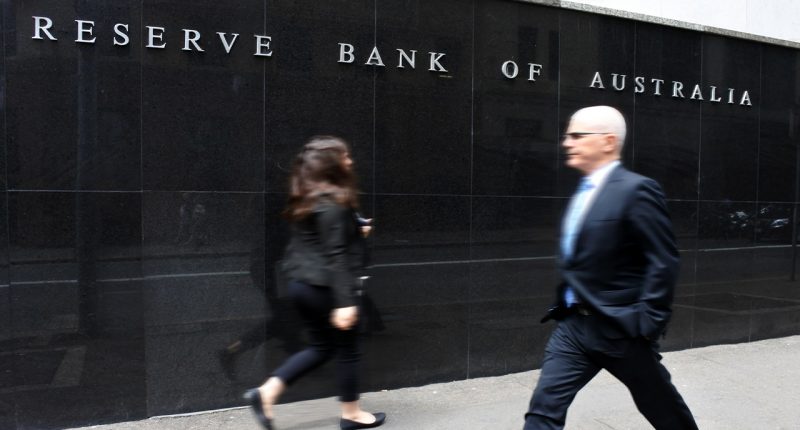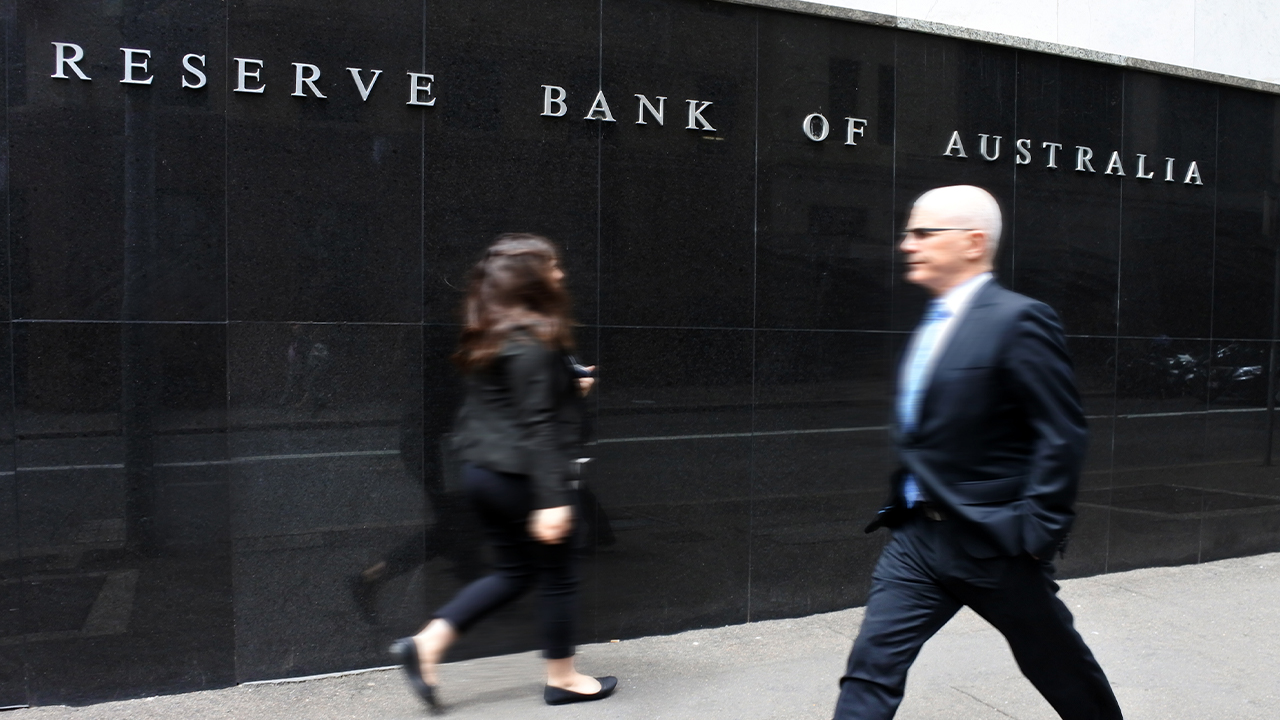In this article:
- The Reserve Bank of Australia decided to keep the cash rate steady at 0.75 per cent yesterday afternoon
- For investors: Lower interest rates generally mean increased economic activity. Though held, the cash rate is still at its record low from October 2019. The Reserve Bank’s actions do not force banks to pass on the same interest rate cuts, however
- For the future: During the Global Financial Crisis, the cash rate was around six per cent. With the rate being so low right now, it gives the RBA little room to move should things get worse. With the recent bushfires and coronavirus impacting the economy, things might be getting a bit tight for the Reserve Bank
- For real estate: Property markets generally respond better to lower interest rates than consumer activity. With two quarters of property growth since June, it’s likely the world of real estate will continue to improve this year
Though bushfires are still smouldering and the coronavirus continues to infect people and economies, the Reserve Bank of Australia decided to keep the cash rate steady at 0.75 per cent yesterday.
RBA Governor Philip Lowe brushed off the economic fears from the recent catastrophes and insisted the outlook for the global economy remains reasonable.
With low-yet-stable inflation over 2019 and a slight decline in the unemployment rate over December, it seems the Reserve Bank is trying to make sure it keeps a bit of breathing room in case things get worse in the future.
The RBA statement made surprisingly little mention of the coronavirus emergency but did say it is too early to react just yet as it is not known how long-lasting the impact of the global emergency will be.
“The central scenario is for the Australian economy to grow by around 2¾ per cent this year and 3 per cent next year, which would be a step up from the growth rates over the past two years. In the short term, the bushfires and the coronavirus outbreak will temporarily weigh on domestic growth.”
Philip Lowe, Reserve Bank of Australia, February 2020
The unmoved cash rate was largely expected for February, but the sudden threat of the coronavirus meant the likelihood of a cut was on the rise in the days leading up to yesterday’s meeting. As for the RBA’s meeting next months, analysts are expecting a 50/50 chance for a new rate cut next month.
What does the stable cash rate mean for investors?
The general sentiment is that lower interest rates mean more household spending and greater economic activity — generally reflected in a stronger stock market.
Though the cash rate has been kept steady, it still sits at its record low of 0.75 per cent after being slashed in October 2019, meaning the steady growth we’ve seen since then is likely to continue.
Economists from ANZ-Roy Morgan said despite economic scares that kicked off the new year, consumer confidence is still edging up.
The report indicated that while below average, consumer confidence was up 0.5 per cent the week before the cash rate decision.
“Broadly stable consumer confidence in the face of news about the coronavirus, albeit at a level well below average, provides some comfort for the outlook. The decisive policy action taken the Government to protect the health and wellbeing of Australian citizens may be seen as a positive development that provides at least some offset to community concerns about the health and economic consequences of the virus.
David Plank, ANZ Head of Australian Economics, February 2020
Of course, it’s important to note that while the RBA’s cash rate influences interest rates, it doesn’t force banks to pass those rates on.
For example, in October last year, the big four all passed on only a portion of the Reserve Bank’s cut.
Though the cash rate was cut by 25 basis points or 0.25 per cent, Commonwealth Bank opted to cut most interest rates by just 0.13 per cent; NAB by 0.15 per cent; Westpac by 0.15 per cent; and ANZ following at 0.13 per cent.
With this in mind, a fresh cut to the cash rate may not be reflected in lowered interest rates across the board.
No room to swing a cat
Nectar Mortgages mortgage broking specialist Beau Duggan said by keeping interest rates so low, the RBA could limit its own ability to step in if things turn sour.
“Prior to the Global Financial Crisis, the RBA cash rate was 7.25 per cent and within six months it was less than half of that. We are currently at 0.75 per cent, so there is much less margin to play with” Beau explained.
With the last rate cut coming before the bushfire and coronavirus scare, this could likely be a key factor in the RBA’s decision to keep things steady: acting too hastily further limits the Bank’s influence on the economy while the true impact of the disasters is yet to be realised.
Property protection
CoreLogic Head of Research Tim Lawless echoed Beau’s sentiments about the RBA making sure it has some room to move.
“The RBA may need to keep some rate-cutting ammunition up their sleeve should these scenarios [bushfires and coronavirus scares] play out more severely than expected,” Tim explained.
He said that while lower interest rates have historically not impacted material economic conditions as hoped, the housing markets generally respond well, with national housing values increasing 6.7 per cent from June 2019 through January 2020.
“Dwelling approvals recorded their first annual rise since mid-2018 and the value of new mortgage commitments up 5.9 per cent over the year to November, driven by a 10 per cent increase in owner-occupier commitments,” Tim explained.
Following on from the past two quarters of property growth, Tim said another rate cut is expected later in the year to help refuel home buyer demand.
The waiting game
The RBA seems to be waiting out the impact of the recent national and international disasters with the rest of the markets.
While the world races to find a cure and quell the spread of the coronavirus — and while Australia begins rebuilding after what Prime Minister Scott Morrison has dubbed the “Black Summer” bushfires — investors are treading cautiously.
Until a clearer picture is painted about the long-term effects of these disasters, its likely growth will stay somewhat muted, as indicated by the held cash rate yesterday afternoon.








